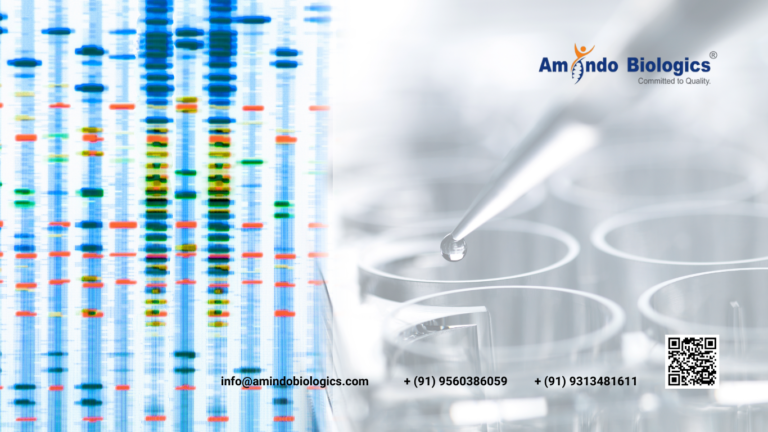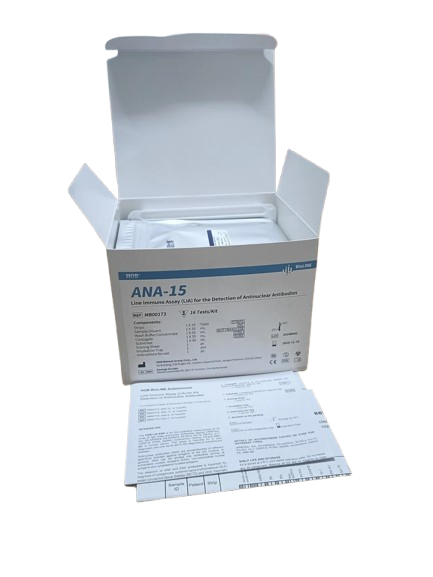How To Prevent Neonatal Adrenal Crisis: A CAH Case from the NICU
NICU case study of preventable neonatal adrenal crisis in congenital adrenal hyperplasia due to delayed 17-OHP screening and missed early diagnosis.

NICU case study of preventable neonatal adrenal crisis in congenital adrenal hyperplasia due to delayed 17-OHP screening and missed early diagnosis.

17-OHP ELISA is the mandatory newborn screening test for CAH. Know why structured screening prevents adrenal crisis & how Amindo enables life-saving NICU diagnostics.

17-OHP ELISA is the mandatory first-tier newborn screen for Congenital Adrenal Hyperplasia(CAH). Learn diagnostic workflows, cutoffs, and false positives.

A child treated repeatedly for recurrent infections was actually suffering from an undiagnosed allergy. Allergy Diagnosis through advanced IgE profiling revealed the real cause, enabling accurate treatment and significantly improved clinical outcomes. Case Study: A Pediatric Allergy Diagnostic A Pediatric Allergy Diagnostic Case Study (Intent: Improve diagnostic accuracy, efficiency, margins, and clinician confidenceAudience: Laboratory directors,…

Explore why ANA reports may be technically accurate yet clinically non-informative, how structured ANA screening and profiling improves diagnostic decisions.

The ANA 15 Profile is a multi-parameter immunological assay that simultaneously detects 15 key autoantibodies associated with systemic autoimmune conditions. Unlike conventional ANA screening, which only provides a positive/negative result, ANA 15 expands insights into specific autoantibody patterns — enabling more targeted diagnosis. ☄️ Key Autoantibodies Detected Include: RNP/Sm Sm SS-A Ro60kd SS-A Ro52kd SS-B/La…

A senior pathologist once remarked during a case review: “The problem wasn’t that the ANA was positive.The problem was that it was too positive, and nobody knew what to do with it.” The report came from a broad ANA panel. Multiple bands lit up. The clinician hesitated. The patient waited. What followed was a cascade…

C-peptide measurement is a cornerstone in the evaluation of pancreatic β-cell function and endogenous insulin secretion. Unlike insulin, which may be influenced by exogenous administration, C-peptide reflects the body’s true insulin production. With the increasing demand for rapid, accurate, and cost-effective diagnostics, Fluorescence Immunoassay (FIA) has emerged as a highly reliable technique for C-peptide estimation,…

Understanding Anti-CP Diagnostic Kits: Importance, Need & Clinical Significance Early detection is the backbone of effective autoimmune disease management—especially when it comes to Rheumatoid Arthritis (RA). Among modern diagnostic markers, Anti-CP (Anti-Citrullinated Peptide) or ACPA testing has emerged as one of the most powerful tools for early and accurate identification of RA. With high specificity,…

Allergies have become a major health concern worldwide, affecting children and adults alike. From seasonal sneezing to food-induced reactions, allergies can significantly impact daily life. Accurate diagnosis is the first and most important step in managing allergic conditions and improving patient outcomes. Among the available diagnostic technologies today, Line Immunoassay (LIA) stands out as a…